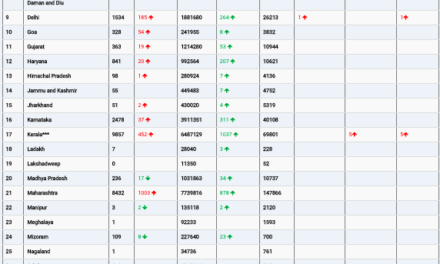SYDNEY – Feeling lonely isn’t just an emotional burden; for middle-aged women experiencing it persistently, it can be deadly, according to groundbreaking research from the University of Sydney. Published in the prestigious journal BMJ Medicine, the study establishes for the first time a direct causal link between extended periods of loneliness and a tripled risk of premature death in this demographic.
Drawing on two decades of data from the Australian Longitudinal Study of Women’s Health (ALSWH) – a comprehensive survey initiated in 1996 involving over 57,000 Australian women – researchers focused on individuals aged 48 to 55 at the study’s outset, tracking their health outcomes over the subsequent 15 years.
The findings were stark. Women who reported never feeling lonely during the 15-year observation period had a 5% risk of dying. However, for women who consistently reported feelings of loneliness throughout the same period, that risk dramatically increased threefold, reaching 15%.
Furthermore, the research uncovered a “dose-dependent” relationship: the more frequently a woman reported experiencing loneliness via the survey (conducted every three years), the greater her likelihood of an early death.
Professor Melody Ding, the study’s senior author from the Sydney School of Public Health, highlighted the severity of persistent loneliness. “Loneliness is a common experience worldwide—as many as one in three Australian adults feeling lonely during their lives—but when feeling lonely becomes chronic or persists long-term, it may impact a person’s health,” she stated.
While previous research has associated loneliness with adverse health outcomes like cardiovascular disease, diabetes, depression, and dementia, this study marks a significant advancement by demonstrating a causal relationship specifically with mortality and focusing on the impact of long-term loneliness.
The researchers suggest that midlife may present unique challenges for women that contribute to loneliness. “In middle-age, women are more likely to be the primary caregivers for both young children and elderly parents, as well as going through major physical, psychological and social changes in status such as menopause, retirement and children moving away from home,” explained Professor Ding. “All of which may affect how socially connected a woman feels.”
Although equivalent long-term data for men is not available from this specific study, the findings underscore the profound health implications of social isolation.
Lead author Dr. Neta HaGani emphasized the need for action based on this evidence. “The research is clear that loneliness not only correlates with existing health problems but causes them,” Dr. HaGani said. “Loneliness is a risk factor that should be screened for by clinicians, just as we would screen for high blood pressure or cholesterol. We also need to raise the public awareness of loneliness to demystify and destigmatize loneliness.”
The researchers hope this study will spur further investigation into the precise biological and social mechanisms connecting chronic loneliness to increased mortality risk.
Disclaimer: This news article is based on information provided regarding a study published in BMJ Medicine (DOI: 10.1136/bmjmed-2024-001004) concerning the Australian Longitudinal Study of Women’s Health. It aims to summarize the key findings and statements from the researchers involved. It does not constitute medical advice. Individuals experiencing loneliness or concerned about their health should consult with healthcare professionals.












